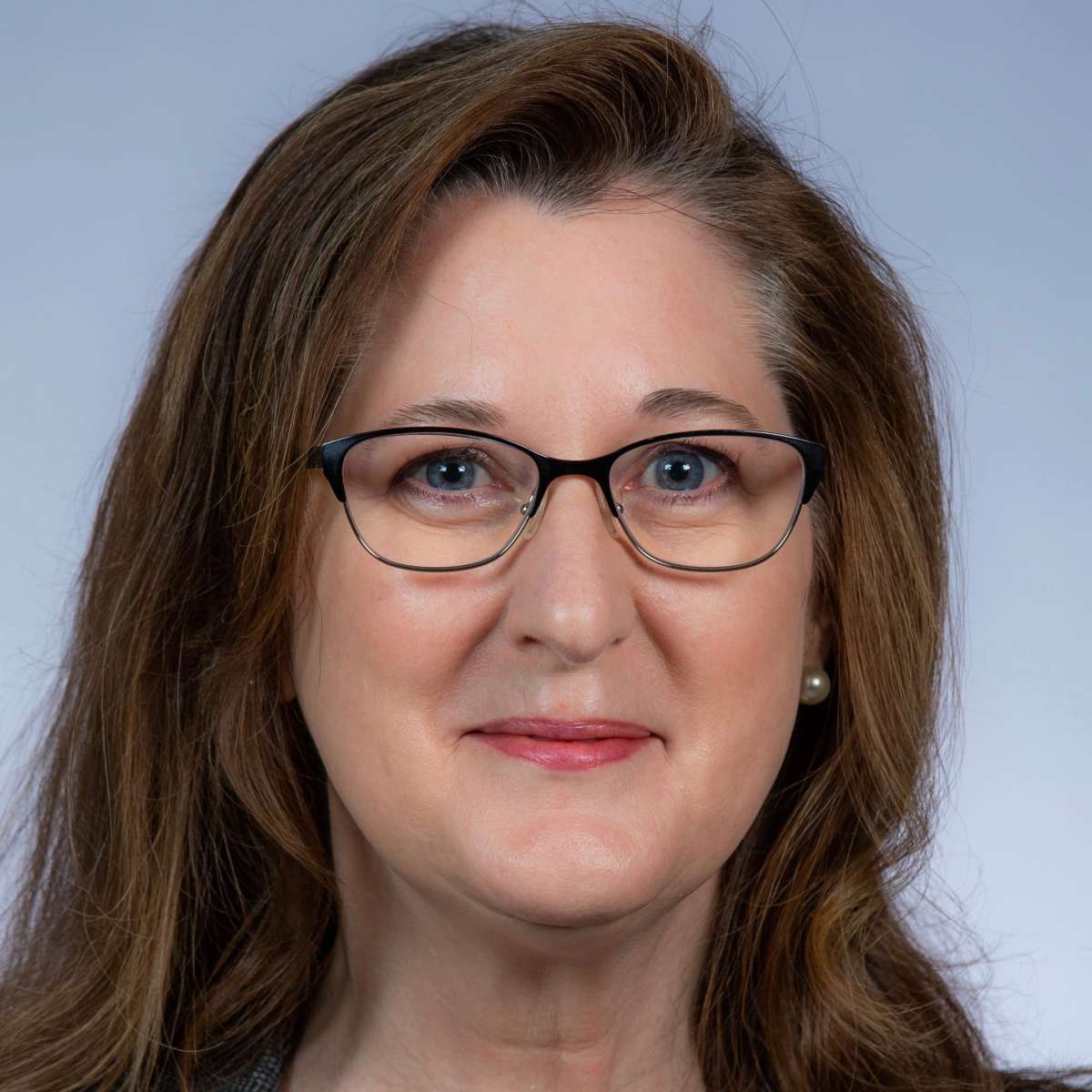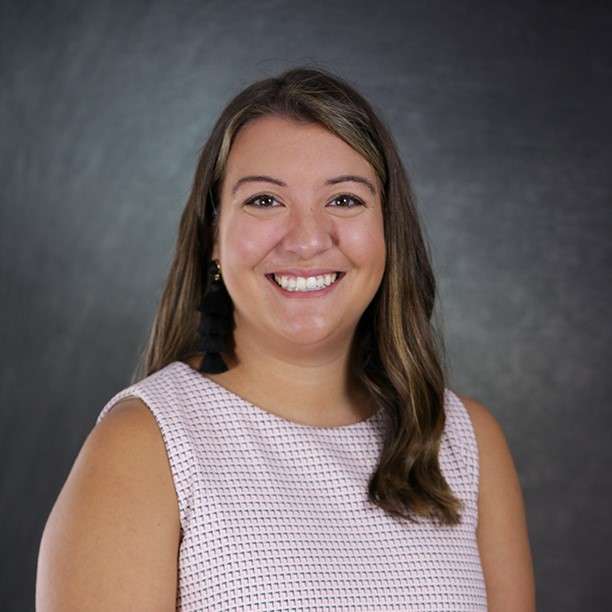The learning community gives new students a way to meet peers and professors in psychology and to have a support system to help through this new chapter in life! Overall, the learning community was an amazing experience and it’s something I recommend to every new psychology student! -Sydney, 2015-2016 community member, 2018-2019 peer mentor
Majors Eligible to Join
Psychology
Program Description
Start Strong with PsyClone Connect: Your Psychology Community at ISU
Kick off your journey as a psychology major at Iowa State University with PsyClone Connect, a vibrant and supportive learning community designed just for incoming first-year and transfer students. Through this unique experience, you’ll join a small cohort of first-year or transfer-student peers who share your passion for psychology—making it easier than ever to form lasting friendships and connections right from the start.
In your first semester, you’ll take PSYCH 1120, a seminar led by a dedicated instructor and supported by experienced peer mentors who will help guide your transition to college life. You'll explore what it means to be a psychology major, preview a wide range of exciting career paths, and gain insider tips on how to make the most of ISU’s academic and campus resources. If you’re enrolled in ENGL 1500, you’ll take it alongside your cohort in a special psychology-themed section, adding real-world relevance to your writing and discussion. Each week, you’ll also be invited to PsyClone Space—a fun, low-key hangout hosted by your mentors where you can relax, grab a snack, ask questions, and join in on informal activities tailored to new psych students.
Your learning community doesn’t end after fall. If you're a first-year student, you’ll continue with your cohort in PSYCH 2110: Careers in Psychology during the spring semester. Together, you’ll dive deeper into career exploration, attend ISU’s renowned career fairs, hear from professionals in the field, and enjoy social events that keep you connected and supported. Transfer students will have these same experiences, but typically in the fall.
PsyClone Connect gives you the close-knit feel of a small college with all the advantages of a top-tier research university. It’s the perfect launchpad for your academic, personal, and professional success in psychology—and an incredible way to start your adventure at ISU.
Living Options
None
Signing up
Advisors will assist you in registering for the PsyClone Connect Psychology Learning Community and learning community courses during registration.

